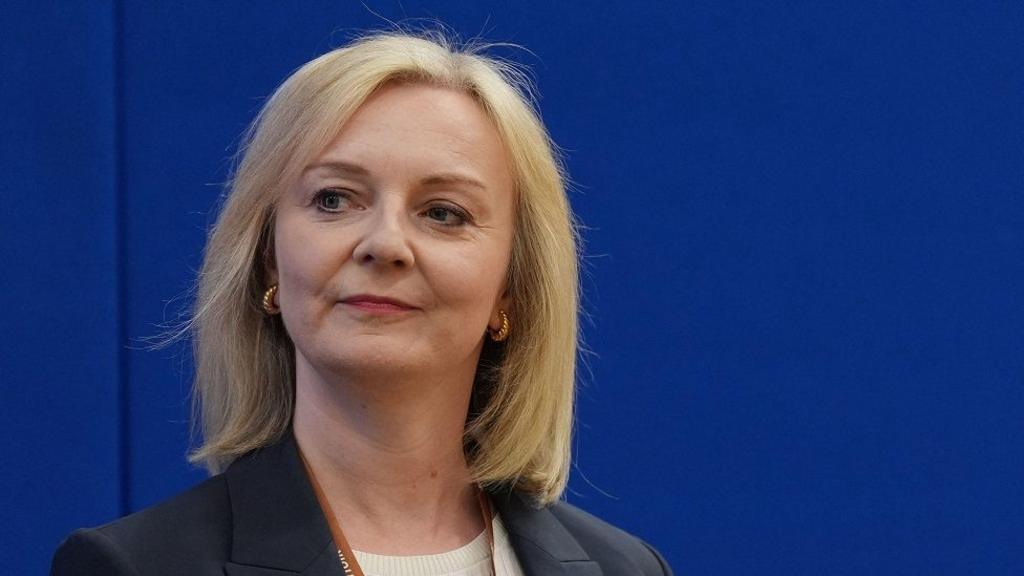Shadow Chancellor Mel Stride has pledged that the Conservative Party will never again jeopardize the UK’s economic stability by making unaffordable promises, a clear attempt to distance the party from Liz Truss’s disastrous mini-budget.
In a significant speech, Stride explicitly rejected Truss’s £45 billion tax cut package, which triggered market turmoil and ultimately led to her resignation in 2022. While acknowledging past mistakes, Stride admitted the resulting damage to the UK’s economic credibility is substantial and difficult to repair.
Truss, however, defended her “turbocharge the economy” plan, accusing Stride of adhering to “failed Treasury Orthodoxy” and characterizing him as a “creature of the system” for his previous alignment with Treasury officials.
The September 2022 mini-budget, unveiled by then-Chancellor Kwasi Kwarteng, included substantial tax cuts and energy bill subsidies. This severely undermined confidence in the UK’s financial standing, resulting in increased mortgage rates and a devaluation of the pound. Truss’s failure to consult the Office for Budget Responsibility further exacerbated the crisis, leading to her resignation after just 49 days in office.
The subsequent scrapping of the mini-budget and Rishi Sunak’s ascension to the premiership marked a decisive shift in policy. Labour has consistently used the mini-budget as a key attack point, accusing the Conservatives of crashing the economy.
Stride directly addressed the mini-budget’s failings, stating that the Conservatives had temporarily risked the very stability they championed. He criticized the lack of a viable funding plan for the billions spent on energy subsidies and tax cuts. Looking ahead to Chancellor Rachel Reeves’s upcoming spending review, Stride accused the Labour Party of abandoning financial responsibility.
Addressing concerns about current Conservative leader Kemi Badenoch, who served in Truss’s government, Stride expressed confidence in her leadership, drawing parallels to Margaret Thatcher’s early years. He emphasized the need for honesty and time to rebuild public trust.
Stride’s declaration that the Conservatives will “never again” risk fiscal credibility through unaffordable promises was met with a sharp rebuke from Truss, who argued that her plan offered the only path to avoiding a catastrophic electoral defeat. Truss further criticized the previous Conservative government’s economic policies, including high immigration, tax increases, and unaffordable net-zero targets.
Stride also targeted Reform UK and its leader Nigel Farage, characterizing their economic proposals as populist and reminiscent of Jeremy Corbyn’s “magic money tree” approach. Reform UK responded by criticizing the Conservatives’ record on government spending and economic growth.
Labour and the Liberal Democrats seized on the opportunity to criticize the Conservatives, highlighting the economic consequences of the mini-budget and accusing the party of hypocrisy for condemning Reform UK’s similar economic strategies. The accusations centered on unfunded spending commitments and the resulting harm to the British public.

